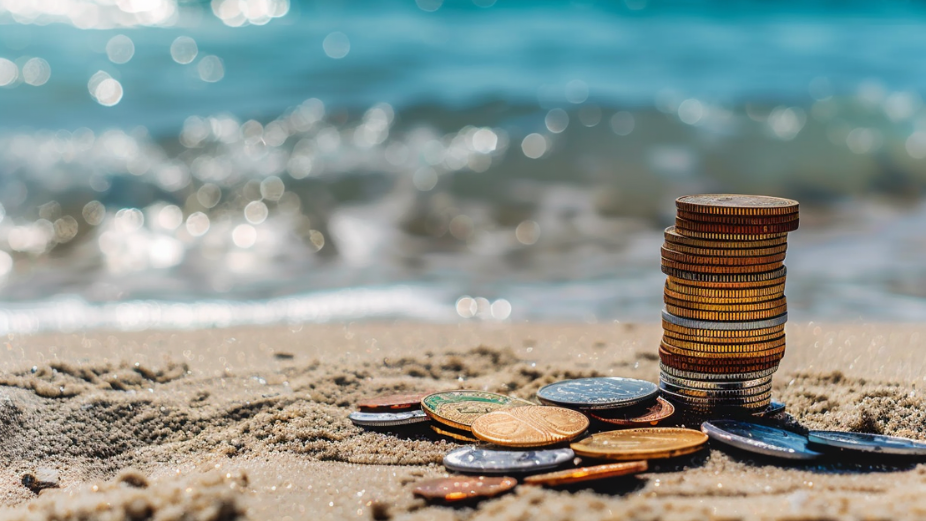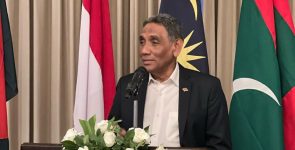
The Ministry of Finance has announced a significant overhaul of the tourism taxation system to address revenue losses from portions of tourism income that do not enter the Maldivian banking system. The planned changes were revealed by Deputy Minister of Finance Ahmed Saaid Musthafa during a panel discussion on the World Bank’s ‘Scaling Back and Rebuilding Buffers’ report on Maldives, held on Monday.
A Shift in Taxation Strategy
Deputy Minister Saaid outlined the government’s intention to transition from the current value addition-based taxation system to a ‘destination of consumption’ model. This strategic shift aims to capture the full taxable value of tourism services consumed within the country, thus enhancing revenue collection from the tourism sector.
“This may seem like a pretty small change, but it’s actually a huge change,” Saaid remarked, highlighting the transformative potential of the proposed system.
Details of the New Taxation Model
The primary objective of the new taxation framework is to ensure that the full value of services provided by tourism resorts is taxed within the Maldives. Currently, significant portions of tourism revenue are lost as resorts charge part of their value overseas. Saeed provided an example, stating that resorts charging $2,500 per day for bed and breakfast services are currently losing out on taxing $1,000 – $1,500 of that amount because it is charged outside the country.
The shift to an international ‘destination taxation’ system will mitigate this issue, allowing the government to capture a more accurate and complete picture of tourism income. This change is expected to substantially increase state revenue from the tourism sector, contributing to economic stability and growth.
Strengthening Tourism Industry Taxation
The new taxation system represents a crucial change in the government’s approach to strengthening the financial contribution of the tourism industry. By ensuring that the full value of tourism services is taxed within the country, the Maldives aims to enhance its fiscal resilience and rebuild economic buffers.
No Plans to Increase Current Taxes
Despite the decision to change the tax system, Saaid emphasised that the government has no intention of increasing any of the current taxes. “The government gives a high priority not to increase taxes,” Saaid said. “Already, 31% of the state’s revenue comes from taxes. This is a huge burden on businesses. It will hamper economic growth in the short and medium term.”
Impact on the Tourism Sector
The implementation of the ‘destination of consumption’ taxation model will likely have significant implications for the tourism industry. Resorts and other tourism service providers will need to adjust their pricing and billing practices to comply with the new taxation requirements. This shift is expected to foster greater transparency and accountability within the sector.
Looking Ahead
The Ministry of Finance’s initiative to overhaul the tourism taxation system marks a critical step towards enhancing revenue collection and ensuring the sustainable development of the Maldivian economy. As the country adapts to these changes, the government remains committed to working with stakeholders to ensure a smooth transition and to maximise the benefits of the new taxation model.
The announcement of this major policy shift reflects the government’s proactive approach to addressing financial challenges and illustrates its dedication to maintaining the Maldives’ status as a premier global tourist destination.









